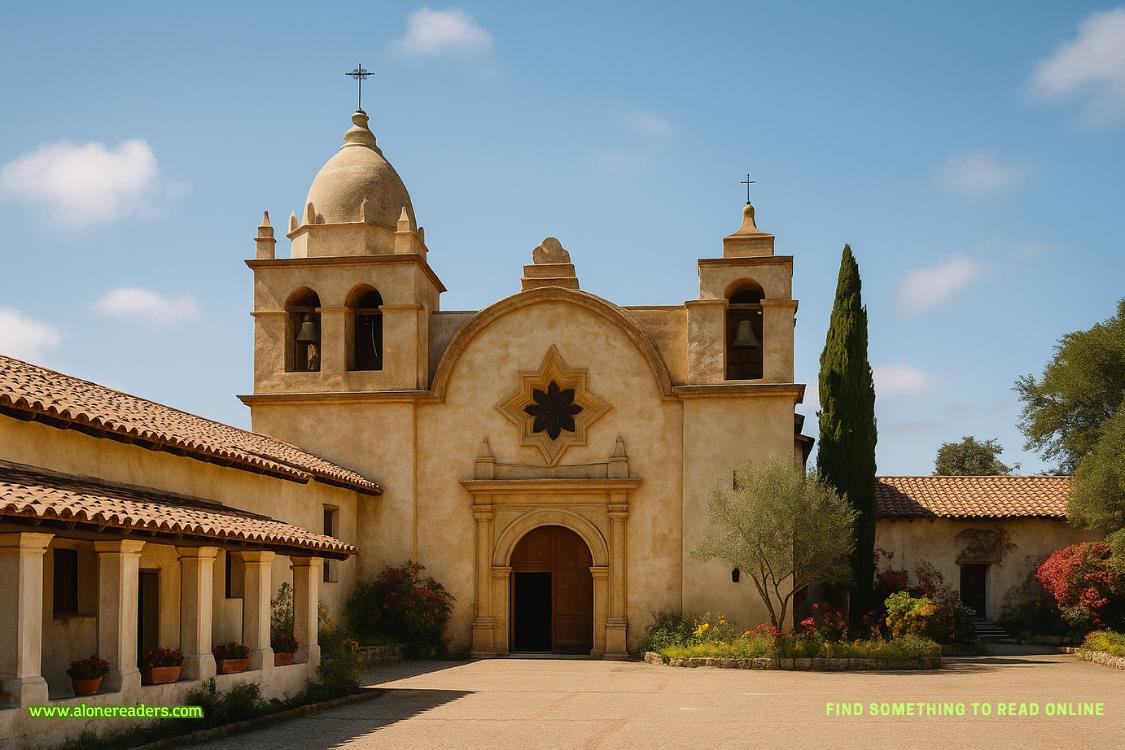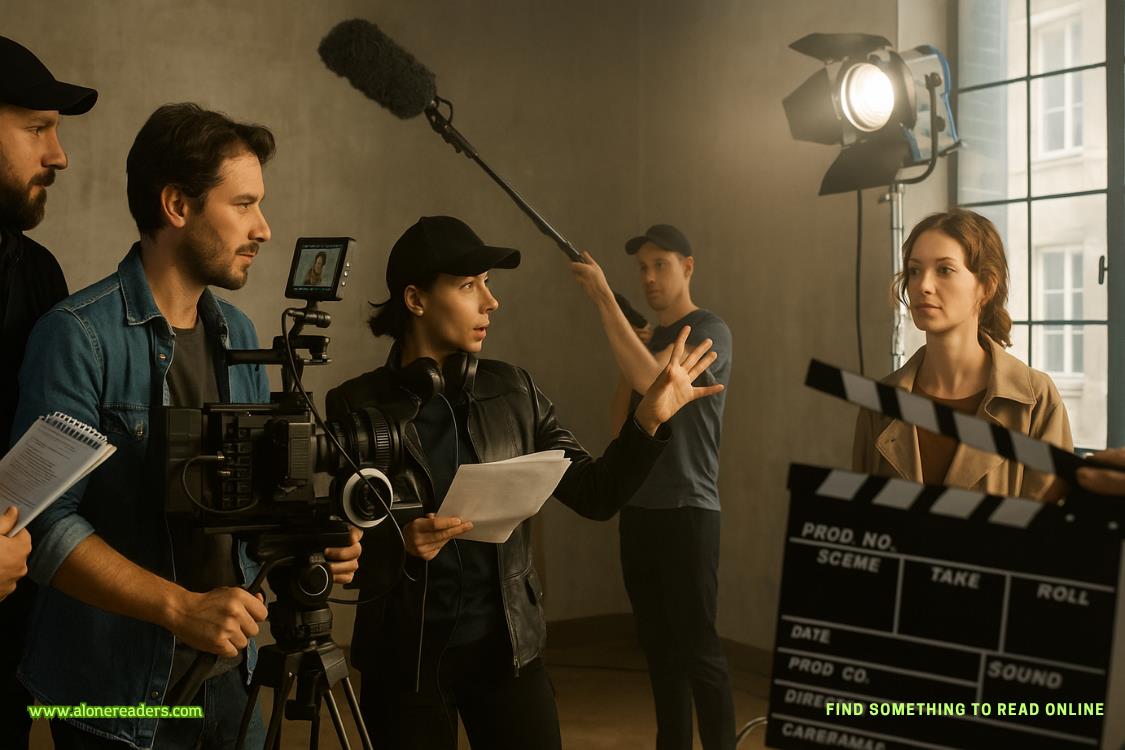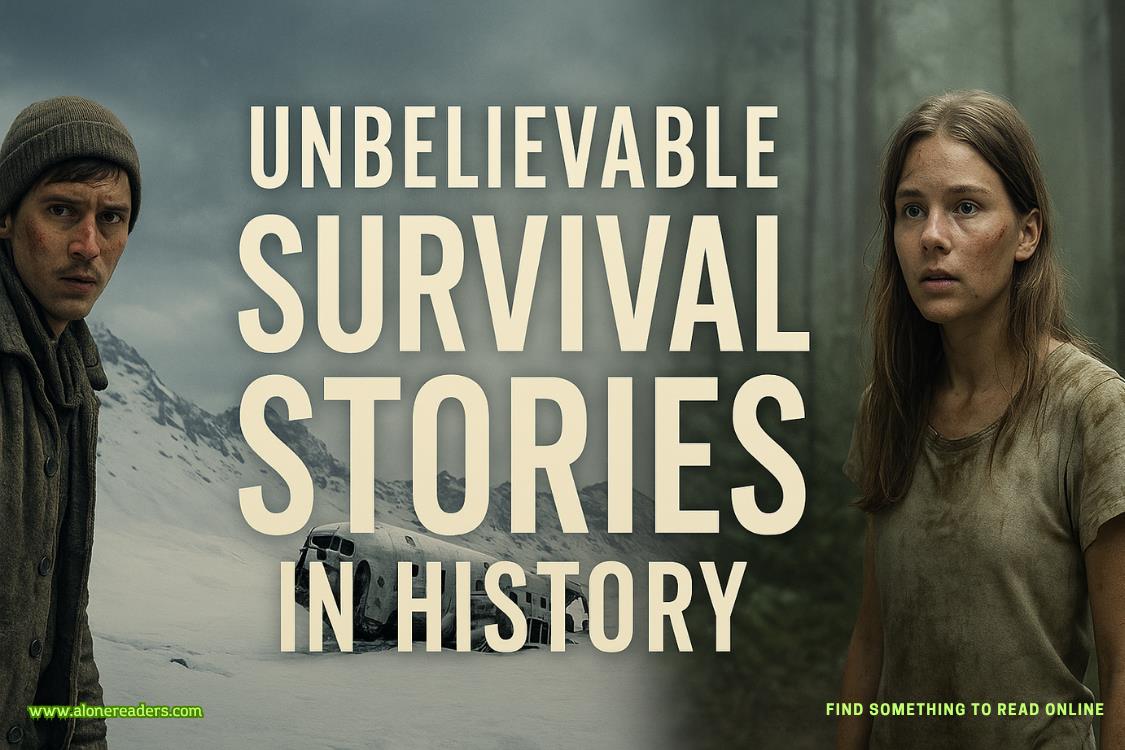“Hmm? Oh, no, that’s not what I meant.” Ares glanced at him, flames burning merrily in their eyes. “I meant one who bears your mark.”
Azaiah glanced toward the healer’s tent and ducked his head. “Ah.”
“Ah, he says.” Ares chuckled. “He was quite something.”
“He’s a good man. Kind. He cares about his people.” Azaiah wasn’t sure that mattered to Ares, but he said it anyway.
Ares shrugged. “And a good soldier, fierce. He killed their leader kindly, respected your rites as js required.”
Azaiah nodded. “We played a game of Winter a few nights ago. Or started one, anyway. I liked him.”
Ares grinned, sly and bright. “Is that so? Did you take him?”
Azaiah blinked. “No, he— Oh.” He realized what Ares meant. “No, that wasn’t what I wanted.”
“Are you sure?” Ares laughed. “Is it what you want now?”
“I don’t know,” Azaiah answered. He wasn’t mortal, but he could take lovers. He had before. “The flame of his soul calls to me. There is that. I thought perhaps he would be one of my ferrymen. But then I spoke with him, shared a night of grief and games, and I don’t know if that is what I truly want from him. But a mortal cannot be Death’s lover for longer than a night.”
“And you want more than that,” Ares said. They lifted their sword and smiled at it, their fire-bright eyes reflecting in the metal of the blade. “You could have him, you know. Not just for a night.”
“How?” Azaiah pushed a strand of his long, white hair behind his ear. The mourning wails began, as the celebratory air gave way to exhaustion, to the grief that always crept in after a battle, covering the camp like smoke. A tingle of awareness ran through him, and he knew, somehow, that Nyx had come out from the healer’s tent to join with the others who sang laments for the fallen—comrade and foe alike.
“You make a companion’s bond. Have you not heard of those?” Ares clicked his tongue. “No one gives enough information when the new ones come along. It’s when a god takes a mortal as an immortal companion. You give them part of your divinity, and they, in turn, give you part of their humanity. It is supposed to keep you tethered to the realm of the living, so that you do not become corrupted and forget them.”
Azaiah frowned as thunder rumbled in the sky. He wondered whether Nyx was looking for him as the soldiers sang their solemn songs. “I could not forget the living if I wanted to, I don’t think.”
“Well. No. But you could forget that they, hmm. Mattered.” Ares shrugged. “I am not sure about corruption, since my realm, like that of our brother Avarice, is defined by the corruption of the living in the first place. But you’re pure like freshly fallen snow, Azaiah. Isn’t that why they chose you, your little village, to go to death for them?”
It had been a very long time since that happened. Azaiah recalled it like a dream, now, that place where he’d once been a man. “I think so. I was willing. Perhaps it was that.” He did remember that part. He’d never forgotten it, the transcendent satisfaction of submitting to the knife that ended his mortal life.
“Well, you’re not like me or Avarice. We’re as we are, and we were made by humans in a way you were not. You’re just Death.”
Just Death.Azaiah raised his eyebrows. Ares grinned again, knifelike. “I mean you weren’t made, you simplyare. Anyway, your predecessor, my sister, she had one. A companion. When they decided to go beyond this world, they went together.”
“Yes,” Azaiah said. “Mora. And I recall her companion, though I do not believe I ever knew her name.”
“Her companion kept her steady, kept her storm a threat on the horizon instead of a deluge.” Ares glanced up at the sky, which rumbled again with thunder, lightning cutting sharp through the dark clouds. “Haven’t you ever noticed, Brother, that the storm you bring never comes with rain?”
Azaiah had noticed, but he’d figured there was some reason and didn’t worry too much about it. He always planned to ask Leviathan, his brother whose realm was natural disasters and weather, the one his village called the Mariner. But he hadn’t seen Leviathan in some time, and he never remembered to ask when they ran across each other. “I suppose I’d simply accepted it.”
“Of course.” Ares huffed. “Mora told me once that she had to find a companion because it had started raining when she manifested around mortals. I remember a battle, long ago. I don’t even think this land was here yet. But she appeared, and the battlefield turned to mud. I reveled in the slaughter that day, while she took every last soul to her river.”
“Is that… bad?” Azaiah leaned back on his hands, thinking. “Were they not meant to die?”
“No, not all of them, I don’t think. I don’t know, or care, but she said it was the rain that was the problem. It washed away her compassion. You have to care about them, but you take them anyway. I imagine it can be difficult to tie yourself to how mortals feel about the realm you rule.”
Ares did not seem to have this problem, but they wouldn’t. War didn’t feel compassion or grief or any of that. They cared only for the battle lust, the slaughter. Azaiah would no more fault Ares for being what they were than he would fault his sister Pallas for caring overmuch about the perfection of the sculptures in the temples they built to honor her or Leviathan for stirring waves that swallowed ships when he beat his wings beneath the waters. It was their nature.
“Death is what I am,” Azaiah said.
“Human death,” Ares corrected. “So you have to remain human enough to remember it. And it isn’t just you, Azaiah. Others can take companions. Even I—or Avarice, if anyone wanted that old bag of bones.”
Azaiah smiled briefly. Avarice, who’d been called the Soothsayer in his village, though the name wasn’t quite appropriate, lived in his well beneath the southern sea, a restless creature who hungered for all the things the world had to offer, simply because the world kept coming and offering him everything it had.
Ares snapped their fingers, and fire sparked. “Pallas has one. Or she’s going to make the bond soon enough. Her muse, Pallas calls her. A sculptor. Perhaps you could visit her. Pallas, that is. She may explain better than I, since Art can be corrupted in a way that War cannot.”
Azaiah had visited her before, his sister whose temple in Kallistos was a gorgeous thing of stone and marble draped in ribbons, full of musicians lounging on silk pillows and painters caught up in their masterpieces, covered in pigment with fingers curled tight around their brushes. Poets scribbling verses with scratchy quills, weavers and their colorful fabrics winding between the warp strings of their looms.















